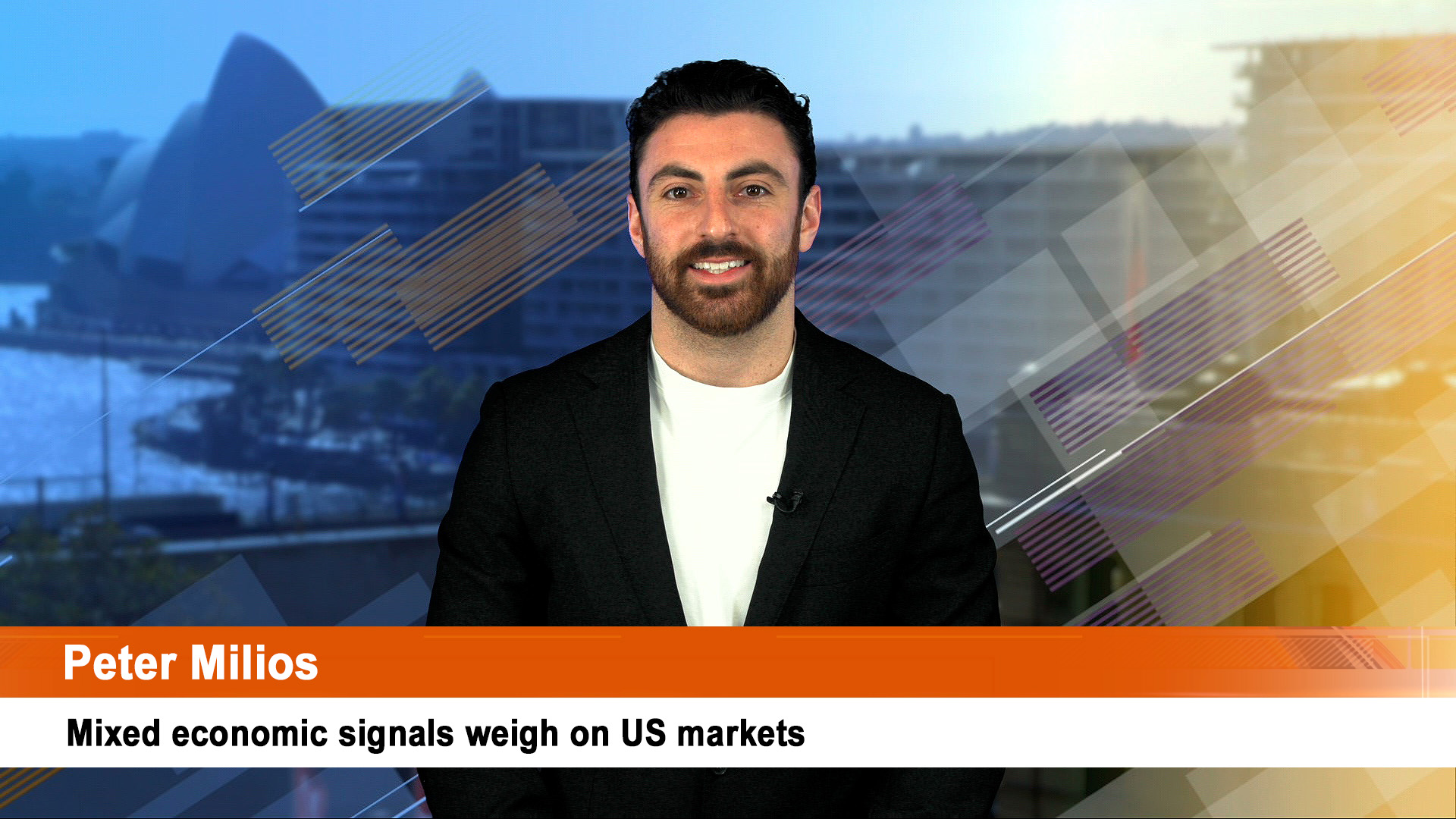Outdoor and surfwear retailer KMD Brands met the downgraded guidance from its January 25 update yesterday as the company confirmed that Covid and its variants had damaged revenues and earnings, but not returns to shareholders.
A January 25 update was issued six days before the end of the half year and revealed that a strong rebound in the final three months had offset the weak opening quarter thanks to the ravages of Covid here, in NZ and some other major markets.
Yesterday’s interim results confirmed that update.
While the $NZ5 million loss for the January half wasn’t forecast, it was clear from the comments in the update by the company and new CEO Michael Daley that we were looking at a story of two halves, with the company’s stronger three months to January offsetting the weak first quarter and setting a more upbeat tone for the rest of 2022.
The January update had cited shipping delays, factory closures and wetsuit shortages because of Covid lockdowns and delays to production and transportation, and all the added costs that go with trying to be a retailer in a time of social distancing, face masks and restricted activity levels.
Kathmandu, which recently renamed itself KMD Brands to reflect its 2019 acquisition of Rip Curl (which now dominates the company) told investors it had made a loss of $NZ5.5 million ($5.13 million) for the January half with underlying earnings before interest tax depreciation and amortisation tumbling to $NZ100.2 million from $NZ48.2 million a year earlier.
The company had nominated a range of $NZ9 to $NZ11 million in its January 25 update and the end result was midrange.
Revenue at the business dipped 0.8% to $NZ407 million thanks to the solid second quarter performance, especially by Rip Curl.
Kathmandu declared a 3 NZ cent dividend, up 50% on last year’s interim and “a result of the strong Balance Sheet and outlook for a recovery post-lockdowns.
The interim dividend will be fully franked for Australian shareholders, and not imputed for New Zealand shareholders.
CEO Michael Daly said the profit fall was thanks to a range of problems affecting each of the company’s major brands – Kathmandu, Rip Curl, and footwear business Oboz, the latter of which saw earnings fall by 30% as it was heavily affected by a three-month closure of its key factories in Vietnam.
Rip Curl saw a sales uptick of 2.7% for the half but its earnings slid 30% to $NZ33 million as the brand’s major North American market was hit by port congestion issues and a short-term shortage of wetsuits.
However, it was the company’s foundation Kathmandu brand which did the worst over the half, with sales at its stores and online declining 0.8% to $NZ128 million, and earnings diving nearly 300 per cent to a loss of $NZ26.3 million.
Mr Daly did not provide any quantitative outlook for the second half of the year, except to say that orders for the company’s goods remained at strong levels.
“While we continue to navigate impacts from COVID on global supply chains, forward demand for our Rip Curl and Oboz products remains at record levels, and Kathmandu enters the traditionally strong winter season well prepared,” he said.
“We will continue to invest in building our global brands in the second half, with the launch of Kathmandu online sites in Europe and Canada and the merging of Canada and UK fulfilment centres for all brands.”
After a bit of a wobble, Kathmandu shares ended the day up 3.6% at $A1.275.













